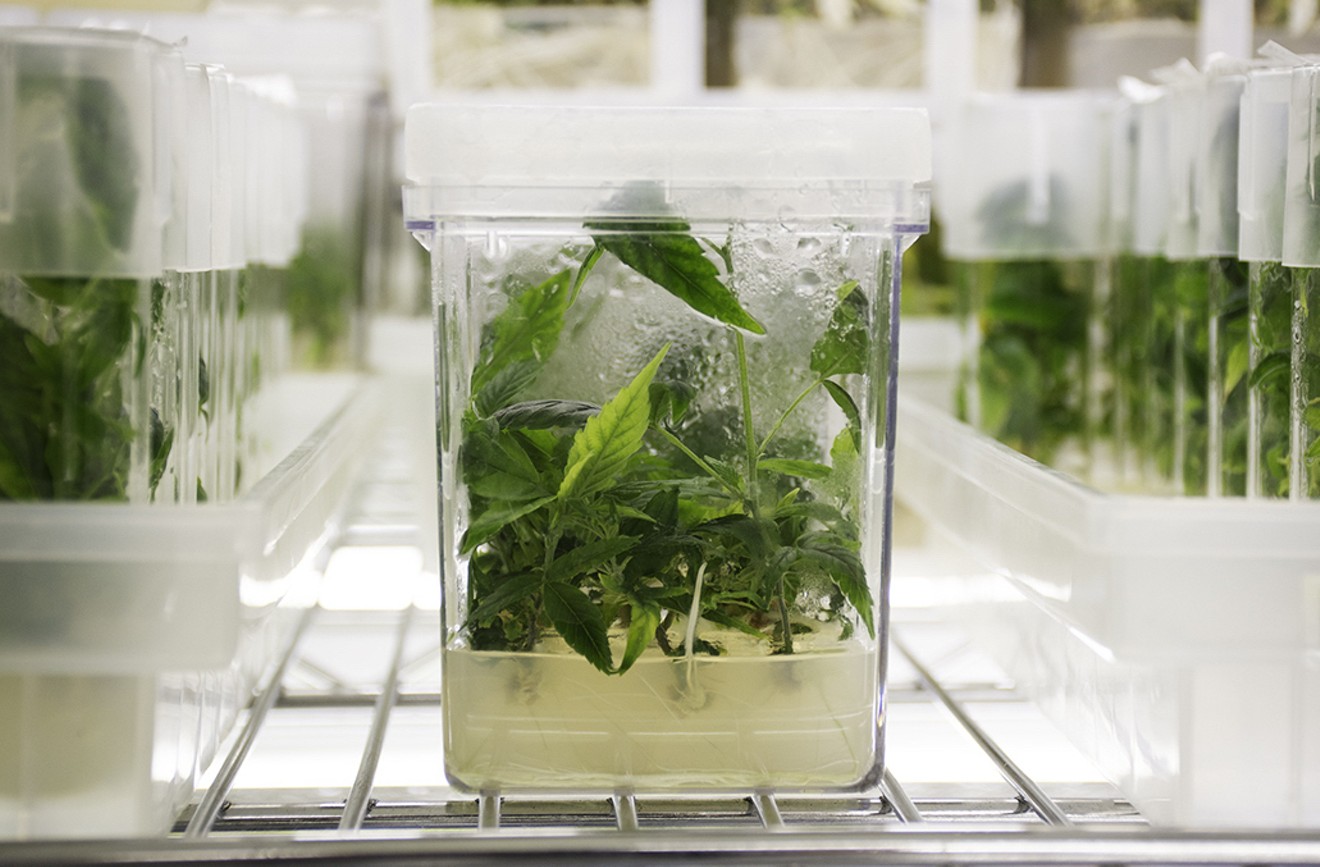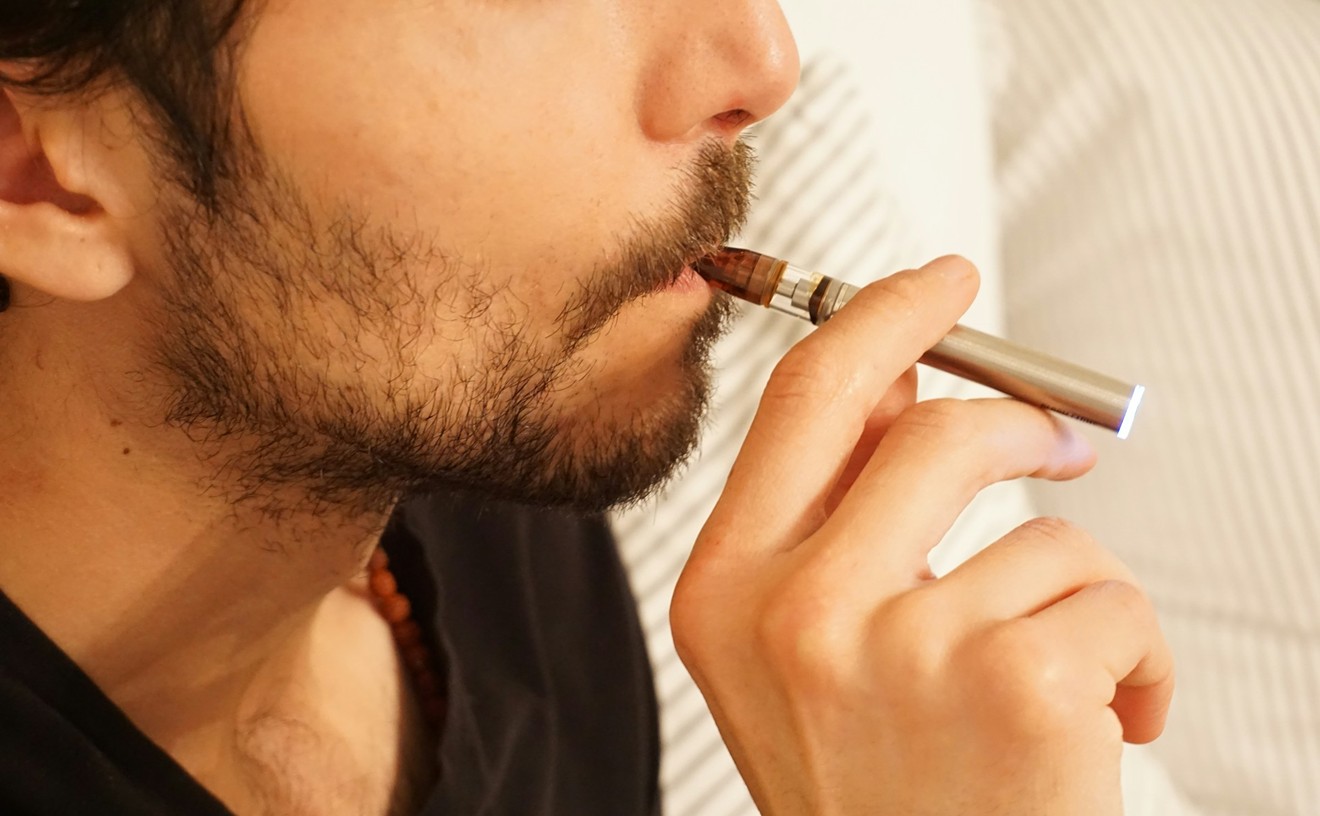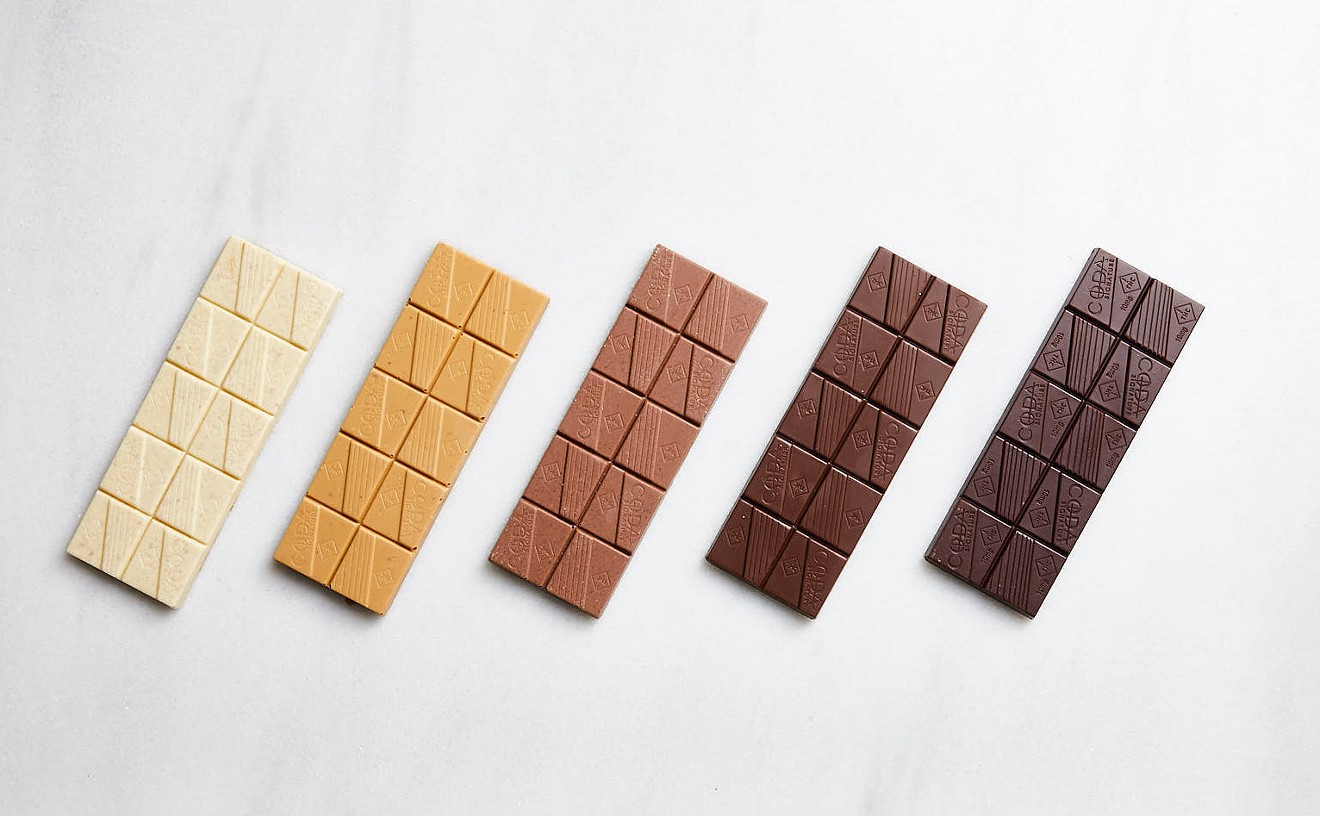A Colorado research laboratory is teaming up with a space-tech firm and University of Colorado Boulder research institute to send hemp and coffee into outer space, in order to learn more about the power plants.
Front Range Biosciences, an agriculture technology company that researches hemp and other cultivation aspects, just announced a plan that will transport hemp and coffee tissue cultures to the International Space Station, where they will be cultivated and studied for potential genetic mutations that the plant cells undergo at different stages of gravity, which could have commercial and medical applications.
Front Range's Lafayette lab and research team has partnered with BioServe Space Technologies, a CU Boulder institute that studies microgravity life science, to send hemp and coffee to the space station aboard SpaceX CRS-20, a cargo flight scheduled for March 2020, according to Front Range. The study calls for 480 plant-cell cultures to reside in an incubator aboard the ISS for about a month, with environmental conditions monitored remotely at CU Boulder by BioServe.
After the hemp and coffee samples are returned to Earth, Front Range will look for any changes they underwent during different stages of microgravity and space radiation exposure. The coffee and hemp's stress levels will also be monitored, with ISS scientists taking notes that could impact future experiments with plant growth at zero gravity.
"This is one of the first times anyone is researching the effects of microgravity and spaceflight on hemp and coffee cell cultures," Front Range CEO Dr. Jonathan Vaught says in a statement. "There is science to support the theory that plants in space experience mutations. This is an opportunity to see whether those mutations hold up once brought back to earth, and if there are new commercial applications."
We're waiting for confirmation about the study from NASA, which oversees American activity aboard the ISS. However, industrial hemp is no longer a taboo research item for federal agencies like NASA, now that the plant is legal to farm.
The study will be funded by SpaceCells, a company that studies the effects of microgravity on Earth's biology, including disease cells and vegetation, for commercial purposes. Coffee's magical awakening powers are well known, but it's also shown promise as a fat-burning supplement and in reducing the risk of certain forms of cancer and diabetes. Industrial hemp is a producer of commercial fiber, among other sustainable materials, as well as a source of CBD and other non-intoxicating cannabinoids that are popular in the wellness industry.
And this first launch just might be the start of something big.
"We envision this to be the first of many experiments together," BioServe chief scientist Louis Stodieck predicts. "In the future, we plan for the crew to harvest and preserve the plants at different points in their grow cycle so we can analyze which metabolic pathways are turned on and turned off. This is a fascinating area of study that has considerable potential."
[
{
"name": "Air - MediumRectangle - Inline Content - Mobile Display Size",
"component": "12017618",
"insertPoint": "2",
"requiredCountToDisplay": "2"
},{
"name": "Editor Picks",
"component": "17242653",
"insertPoint": "4",
"requiredCountToDisplay": "1"
},{
"name": "Inline Links",
"component": "18838239",
"insertPoint": "8th",
"startingPoint": 8,
"requiredCountToDisplay": "7",
"maxInsertions": 25
},{
"name": "Air - MediumRectangle - Combo - Inline Content",
"component": "17261320",
"insertPoint": "8th",
"startingPoint": 8,
"requiredCountToDisplay": "7",
"maxInsertions": 25
},{
"name": "Inline Links",
"component": "18838239",
"insertPoint": "8th",
"startingPoint": 12,
"requiredCountToDisplay": "11",
"maxInsertions": 25
},{
"name": "Air - Leaderboard Tower - Combo - Inline Content",
"component": "17261321",
"insertPoint": "8th",
"startingPoint": 12,
"requiredCountToDisplay": "11",
"maxInsertions": 25
}
]












